As ECOMORE 2 activities ended in Philippines, the Research Institute for Tropical Medicine held its Restitution Meeting last June 22, 2023 in Lipa City, Batangas. The event aimed to present the findings that the team gathered during its two years in the city to its stakeholders, as well as its Regional and National Counterparts.
Dr. Precious Maricor Pattugalan from the Department of Health – Center for Health, CALABARZON Office (Region IV-A) gave the opening remarks for the meeting. She stated that the meeting was a timely event as the Philippines just held its ASEAN Dengue Day last June 15, 2023. The results that were presented during the meeting were to be introduced to the regional office for creating new policies or strengthening the current ones. But she reminded everyone that aside from current vector control strategies, everyone must remember the importance of complete health awareness through the collaboration of the local government unit, health facility, and the community.
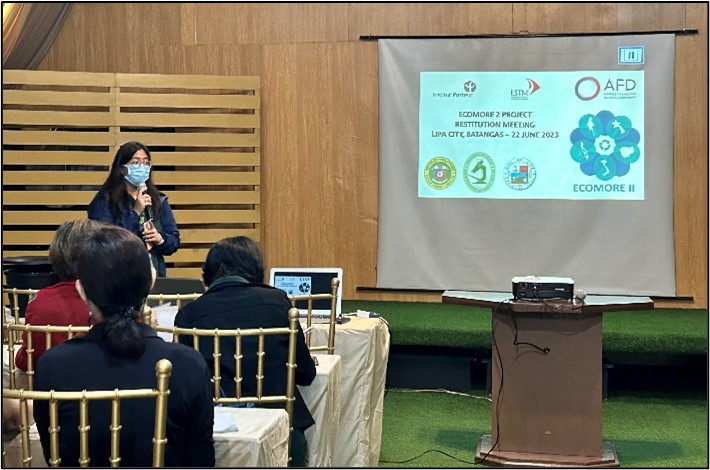
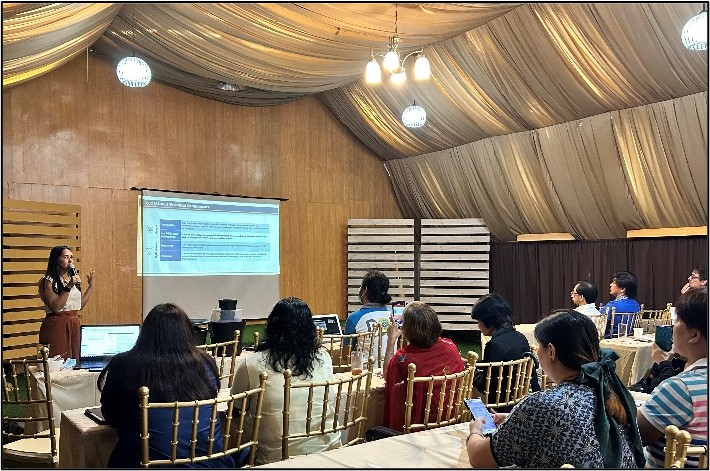
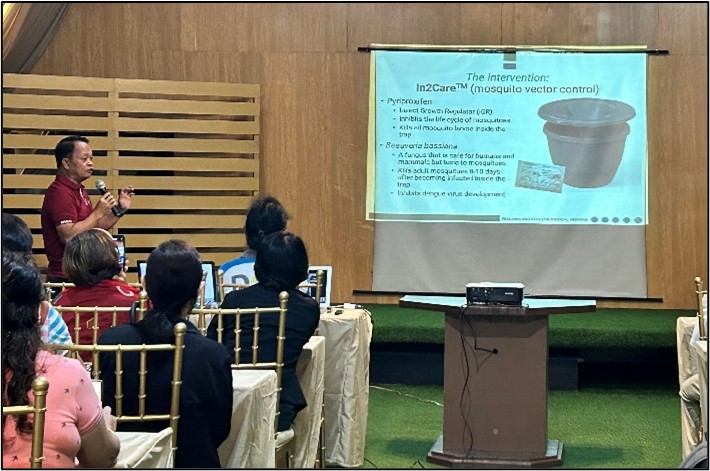
The opening remarks were followed by the presentation of Ms. Emilie Carlot, Regional Coordinator from Institut Pasteur du Cambodge, on the ECOMORE 2 Project. She reminded the main elements of this regional program.
Dr. Ferdinand V. Salazar, PhD, Principal Investigator, on the ECOMORE 2 Project Results of the Philippines. Dr. Salazar discussed the details of the project, methodologies used, and the results of the project. The supposed two-year project that started officially in February 2019 with the National Stakeholders Meeting, was extended from 2020 to 2023 due to the eruption of Taal volcano and the COVID-19 pandemic. Due to these interruptions, a number of issues rose that limited the data that the team gathered. Analysis of the data collected have lead the team to conclude that:
- the study demonstrated reduction in seroconverted children (IgG) from treatment areas (where In2Care traps were installed) are statistically not significant,
- the entomological endpoint using DVS did not decrease Container Index (CI) due to several possible reasons (regular household cleaning due to project team’s visit, etc.), and
- further evaluation is needed to substantiate reduction in mosquito vectors and dengue cases.
After the presentations, the Mayor of Lipa congratulated everyone for a job well done, thanked everyone for their efforts, and hoped that the results of this project be translated into policies that help in combatting dengue.
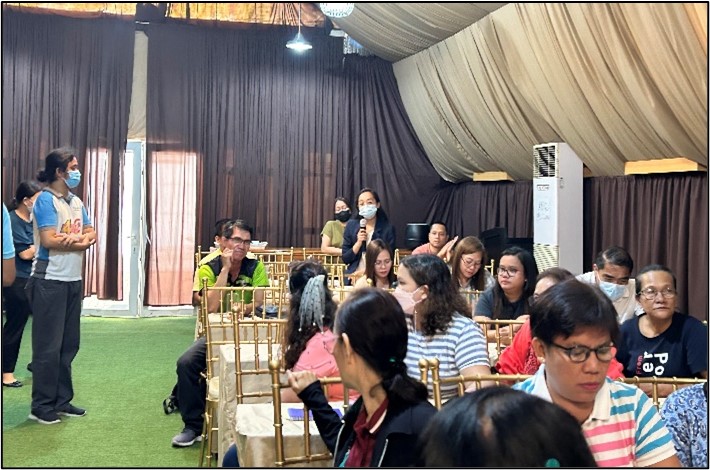
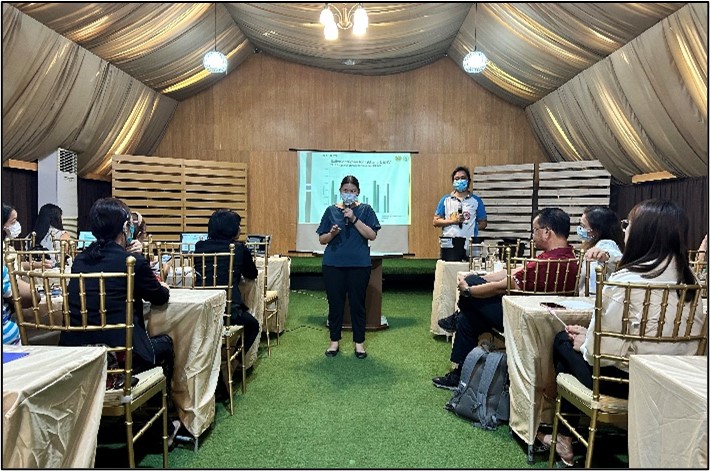
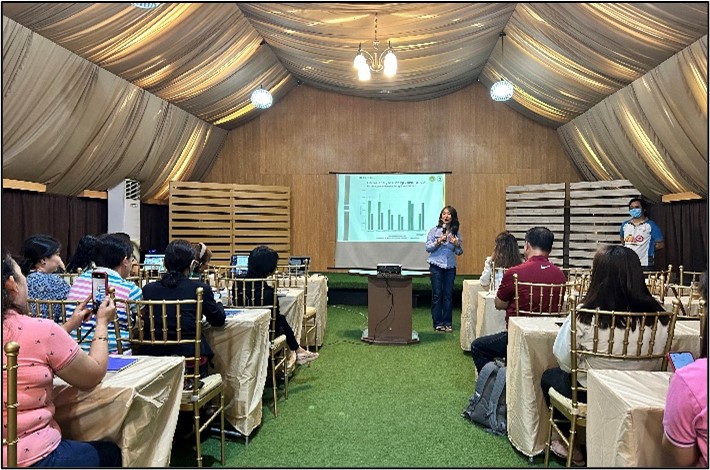
An open forum followed the mayor’s speech, which served as an avenue for the national, regional and local stakeholders to ask about the presentations and results of the project, as well as an opportunity to share their experience during the project. During the discussions, it was recognized that proper education and encouraged participation of the community plays a crucial part in controlling dengue transmission in an area. Vector control and advocacy programs are parts of minimizing the spread of dengue, but the community’s awareness and participation plays a vital role to ensure that these becomes a success.
The meeting ended with Closing Remarks from Dr. Maria Teresa Flores, Medical Officer III, Dengue Program Coordinator and Dr. Richard Paul, ECOMORE Principal Investigator, who thanked the Barangay Health Workers for their hard work which helped a lot to complete the data for the project. He also thanked the children and parents who participated in the project.
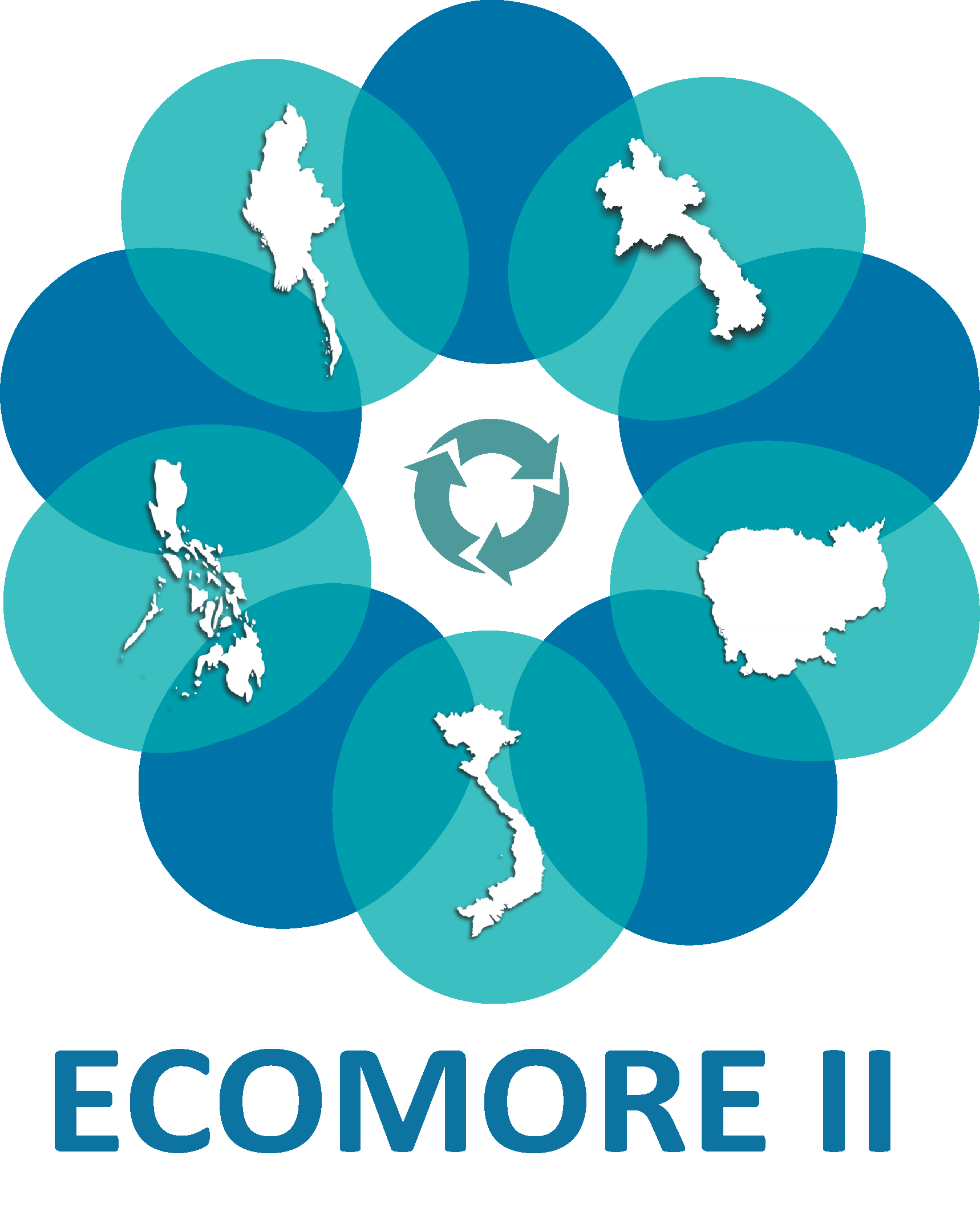
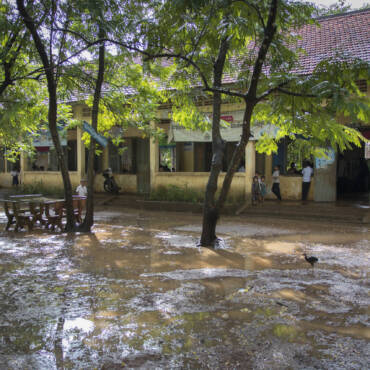
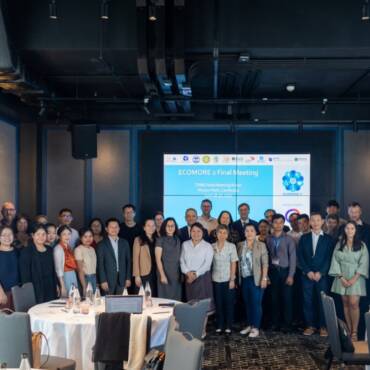
Add Comment